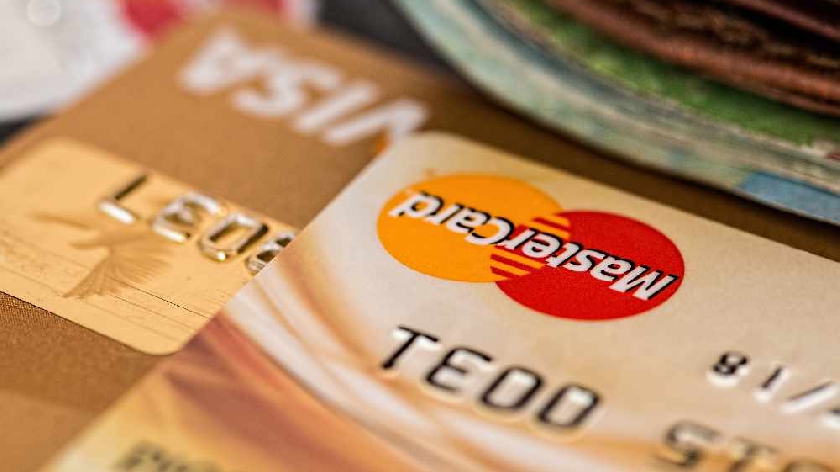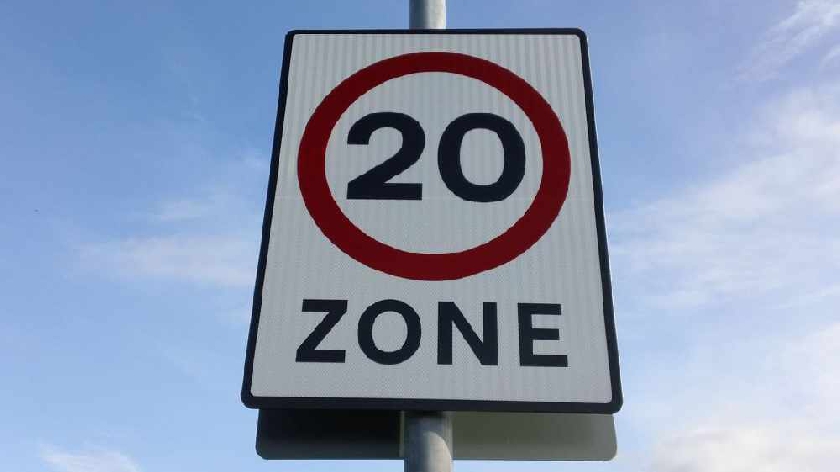
While a strong credit rating can take years to build, it could all come crashing down with just one easy mistake.
Utilising too much credit, accidentally missing a payment, or not being on the electoral roll can all bring your credit score down. But the good news is that rebuilding your credit score does not have to be as difficult as it might sound. There are many reasons to focus on improving your credit score including future qualification for lower interest rates and better borrowing terms, whether you need to borrow money for personal or business reasons. There’s no time like the present to start improving your credit score - don’t wait until it’s really bad. Here are some of the best ways to restore and build your credit rating.
Check Your Credit Report:
First of all, it’s important that you take a look at your credit report, so you know exactly what’s going on. You should have a clear idea of where your credit rating stands and what’s affecting it right now so that you can put together a plan of action for improving it. Free services like ClearScore or Experian allow you to sign up and get your credit report in just a few easy steps, along with providing helpful tips and guidance that are customised for you to help you make the right decisions with your money. This is also a good opportunity to check your credit report for any errors or mistakes that could be causing your rating to drop more than it should.
Pay Down Existing Debt:
The simplest way to improve your credit score over time is to pay down your existing debts as much as possible. While this is not always easy, it’s the best way to see your credit rating numbers go up. There are several methods that you could use to pay your existing debt off faster. One common method is known as the snowball method which involves paying off debts from the smallest to the largest, and using the money that you’d normally pay towards any debts you’ve repaid so far to reduce the balance of the larger debts faster. For example, you’re paying £25 a month towards your smallest debt - when you pay that off, you now have an extra £25 free to pay towards the next debt up, therefore allowing it to be cleared in a shorter time period. Continue making the minimum payments on your higher debts and work your way up until you’ve paid off the biggest one.
Consolidate Your Debts:
The amount of debt that you are in can have a significant impact on your credit report, and along with the total amount of debt, the number of open credit accounts that you are utilising can also play a part. If you have several smaller loans, credit cards, and other lines of credit that are maxed out right now, this is not going to be doing your credit score any good. A consolidation loan gives you the option to repay them all in full, leaving you with one active loan to repay. This can also be much cheaper for you, depending on the interest rates, and undoubtedly easier to manage compared to making several minimum payments per month. Consider a broker like New Horizons to help you find the right consolidation loan for your needs. New Horizons works with a panel of trustworthy lenders to help you find the right financial product when improving your credit score.
Keep Credit Cards Open:
Once you’ve managed to repay your credit card balance, it can be tempting to shut the card down so that you can avoid using it again. But if you really don’t want to spend on your credit card it might be a better option to hide it away for emergencies, or even cut it up, but leave the account open. This is because when you have credit available to you that you are not actually using, it can go in your favour when it comes to your credit score. It shows lenders that while you have credit available to you, you don’t actually rely on it. Credit cards aren’t actually evil - when used responsibly they can be a key tool for repairing your credit score. You can build your credit rating using your credit card by using it for essential purchases only that can be repaid in full the next month. Keep your balance at a maximum of no more than 50% of the overall limit of the card.
Pay Your Bills On Time:
Many people do not realise that utility bills like gas and electricity, water and broadband will also have an impact on your credit rating. While you might not feel that it’s necessary to always pay these on time, especially if the payment dates fall at awkward times of the month and there’s no charge for paying late, your credit rating can suffer as a result if you are making consistently late payments. Instead, figure out which date you are most likely to be able to pay easily, such as the day after payday, and set up an automatic direct debit to pay all of your bills at once so you don’t have to worry about them for the rest of the month. If you are paid weekly, consider staggering your bills so that you pay a different one each week, or working out their total cost and dividing that by four to figure out how much of your weekly income you need to put aside for them.
Negotiate With Your Creditors:
A major mistake that many people make when struggling with debt is thinking that if they are unable to make a payment to their creditor, they will simply have to deal with the consequences to their credit rating. However, the good news is that this isn’t always the case and the majority of creditors will be more than happy to work with you and put an agreement in place in order to help you avoid getting into financial trouble. The sooner you contact your creditors when you find yourself struggling, the easier it will be for you to negotiate a better interest rate or a payment plan that works for you. Ideally, you should try and contact your creditors before you miss a payment rather than waiting until you have fallen behind.
Increase Your Credit Limits:
Since your credit rating is based on your level of debt and the total amount of credit that you have available, increasing your credit limit could actually help you boost your credit score - but only if you are responsible when it comes to using the higher amount of funds now available to you. For example, doubling your credit card limit will significantly improve the amount of unutilized credit that you have available, which could boost your score if you keep it that way. However, it’s worth noting that requesting a higher credit limit could backfire and negatively impact your rating if you are rejected.
Your credit score is determined by a number of different factors, including your total debt, how much credit you have available, and how responsible you are with repayments. Consider all of these factors to put together a plan for improving your credit rating.
















